Explore examples of rhetorical questions with your students using this set of 28 sorting cards perfect for reading centers.
Explore Examples of Rhetorical Questions
Do you think we can solve all the world’s problems in a day?
Doesn’t every young child dream of traveling into space?
Shouldn’t everyone have access to clean drinking water?
The answer to these questions is… implied, of course!
A rhetorical question is a special kind of question that the asker doesn’t expect anyone to answer. They are used to make people think carefully about a particular issue or to emphasize a point. For example, you might say: “Don’t you think chocolate ice cream is the best flavor ever?” You’re not really asking for an answer; you’re just saying, “Hey, chocolate ice cream is awesome, right?”
Using rhetorical questions is a powerful way of convincing someone to agree with a particular perspective. To help your students learn the difference between rhetorical and non-rhetorical questions, the experienced teacher team at Teach Starter has created this set of 24 sort cards. Each card contains a question – some of the questions are rhetorical, others are not. Once students have made a decision about what type of question it is, they must place it under the correct sort heading.
This resource downloads as a full-color PDF or editable Google Slides file. It contains:
- Instruction page
- 2 x sort headings (Rhetorical Questions and Non-Rhetorical Questions)
- 28 question cards
- Answer key
Rhetorical Question Examples with Multiple Uses
As a teacher, having a set of question cards with both rhetorical and non-rhetorical questions can be a valuable resource to engage students in various ways. Here are some ways you might use these cards in your classroom:
- Class Discussion – Use the rhetorical question cards to spark curiosity and encourage critical thinking. Ask students to reflect on the rhetorical questions and express their opinions or insights. This encourages them to analyze and discuss ideas rather than just providing straightforward answers.
- Persuasive Writing Practice – Provide students with one of the rhetorical question examples. Have them write a paragraph that includes this question, and supports the argument that the rhetorical question is advocating.
- Make the Non-Rhetorical, Rhetorical – Provide students with one of the non-rhetorical question examples. Challenge them to turn this non-rhetorical question into a rhetorical question.
By incorporating both types of questions (rhetorical and non-rhetorical), students will have a well-rounded learning experience that encourages critical thinking, effective communication and a deeper understanding of how persuasive devices can be used to convey a viewpoint.
Download This Rhetorical Questions Sorting Activity
Use the dropdown icon on the Download button to choose between the printable PDF or editable Google Slides version of this resource. You will be prompted to make a copy of the Google Slides file before accessing it.
Print on cardstock for added durability and longevity. Place all pieces in a folder or large envelope for easy access.
This resource was created by Caitlyn Phillips, a Teach Starter collaborator.
More Resources for Exploring Persuasive Writing Techniques
Do your students need some inspiration when it comes time to write their persuasive essays? Click below for more great resources to get those pens flying across the page!
[resource:5045262] [resource:5053848] [resource:46294]
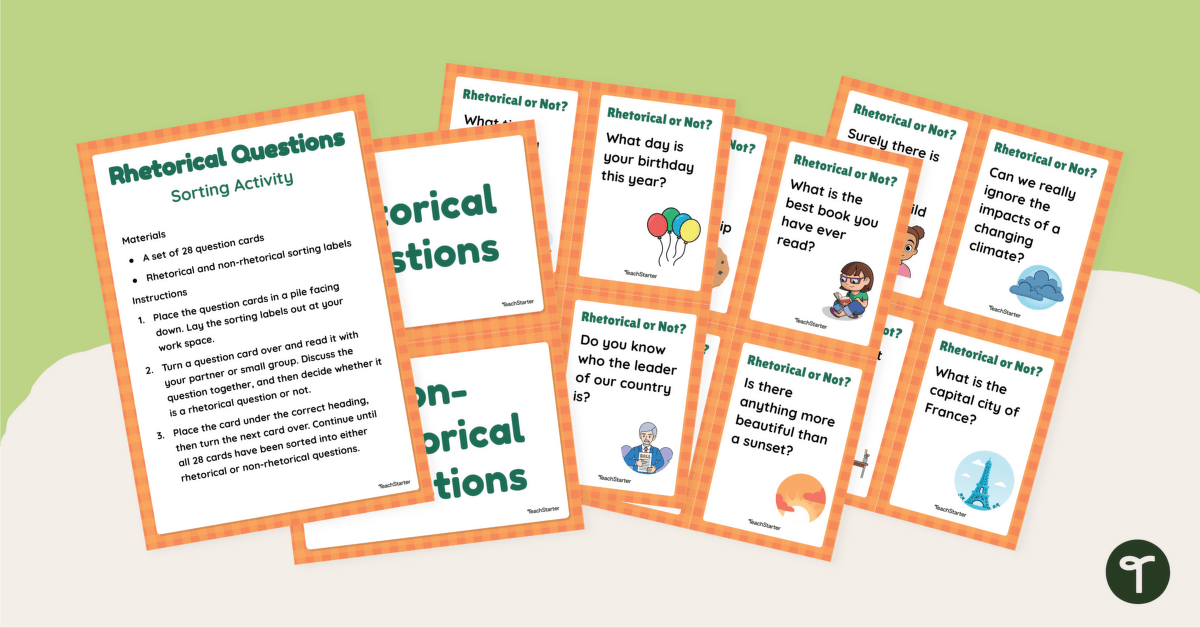

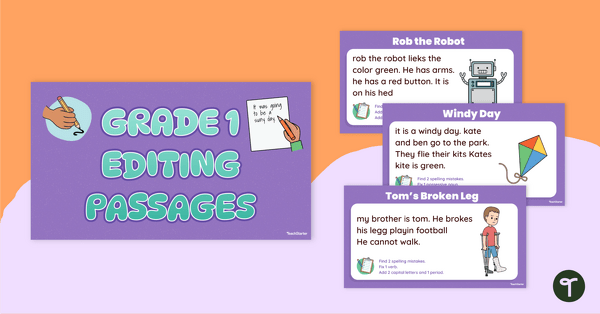
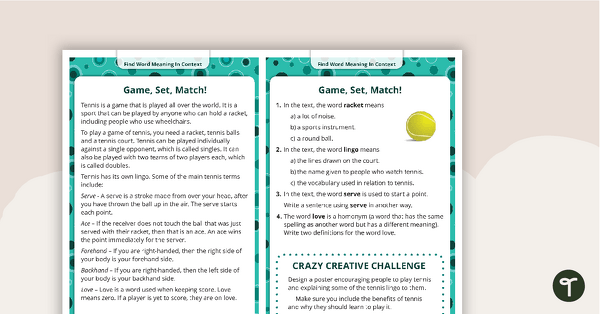
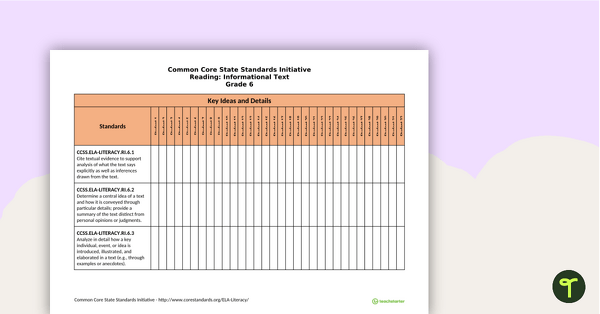
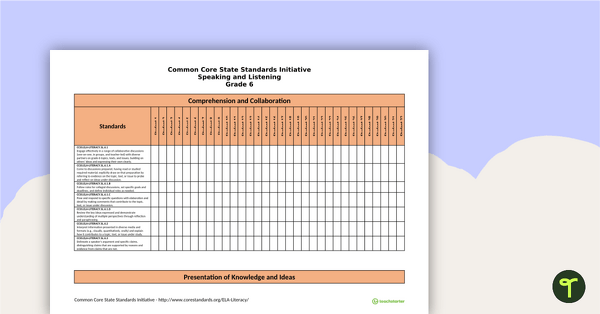
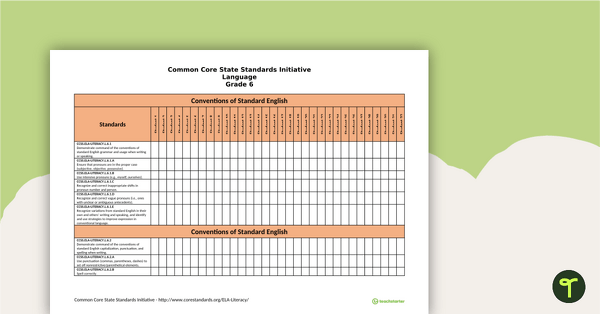
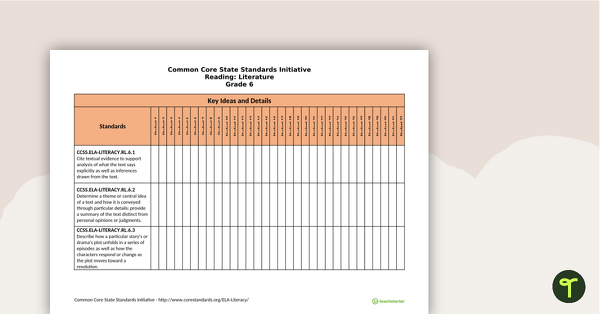
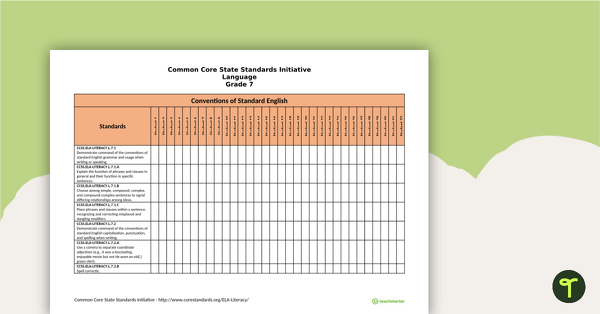
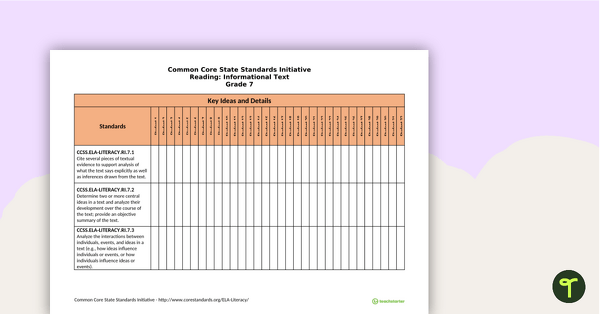
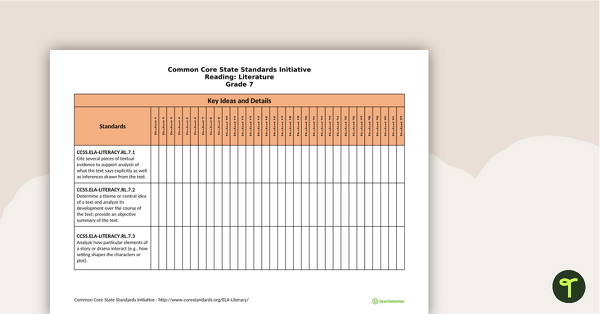
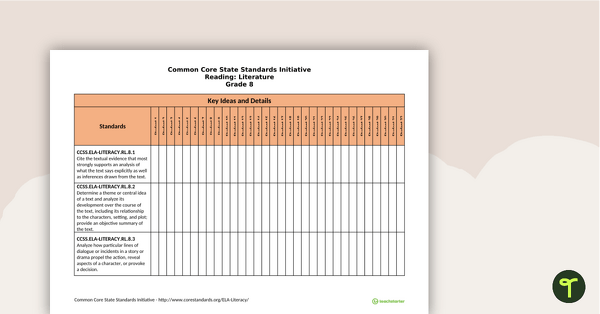
0 Comments
Write a review to help other teachers and parents like yourself. If you'd like to request a change to this resource, or report an error, select the corresponding tab above.